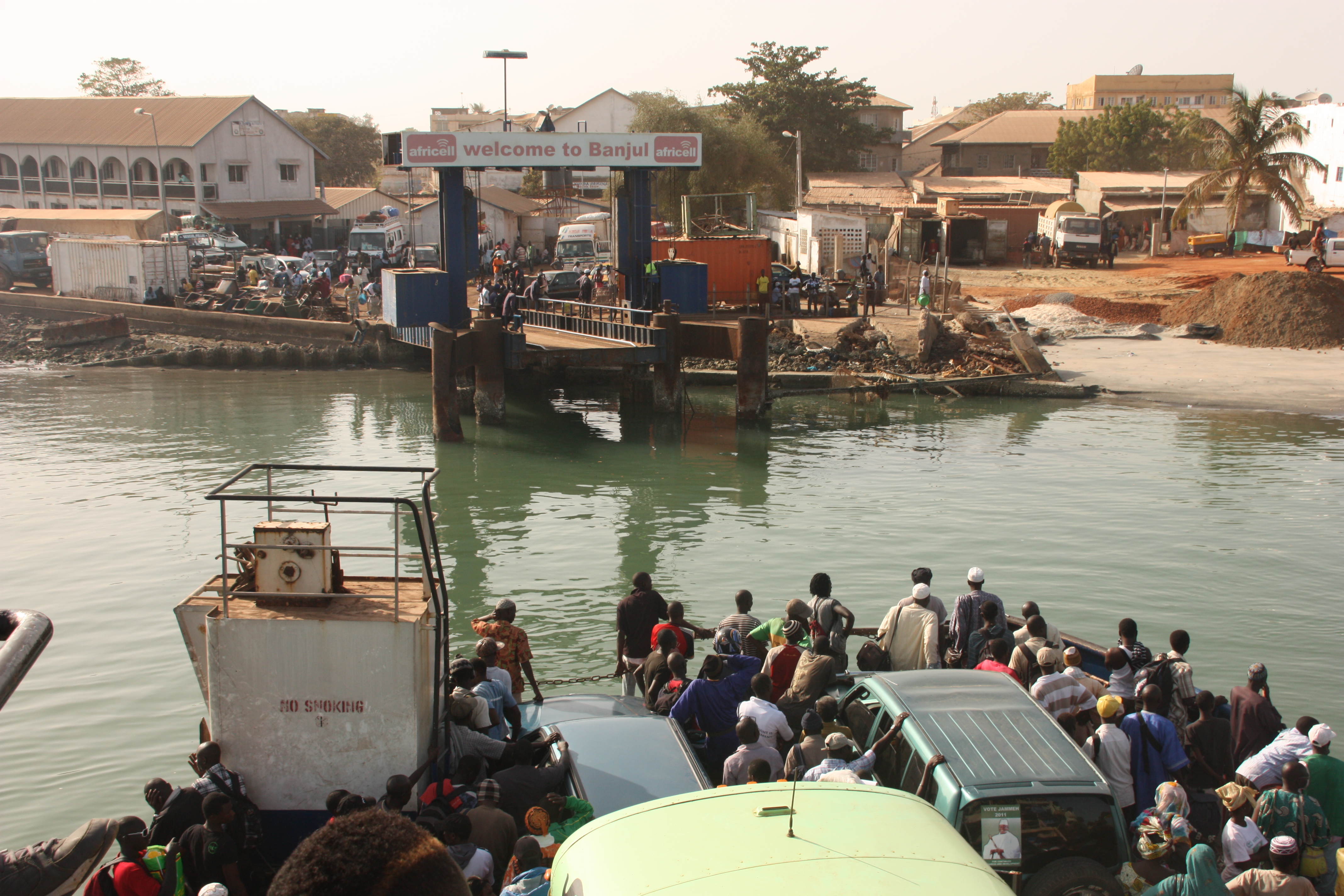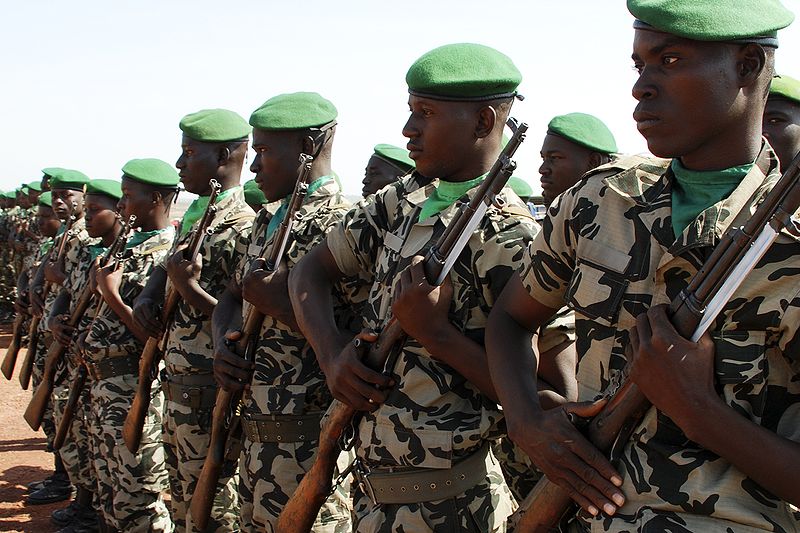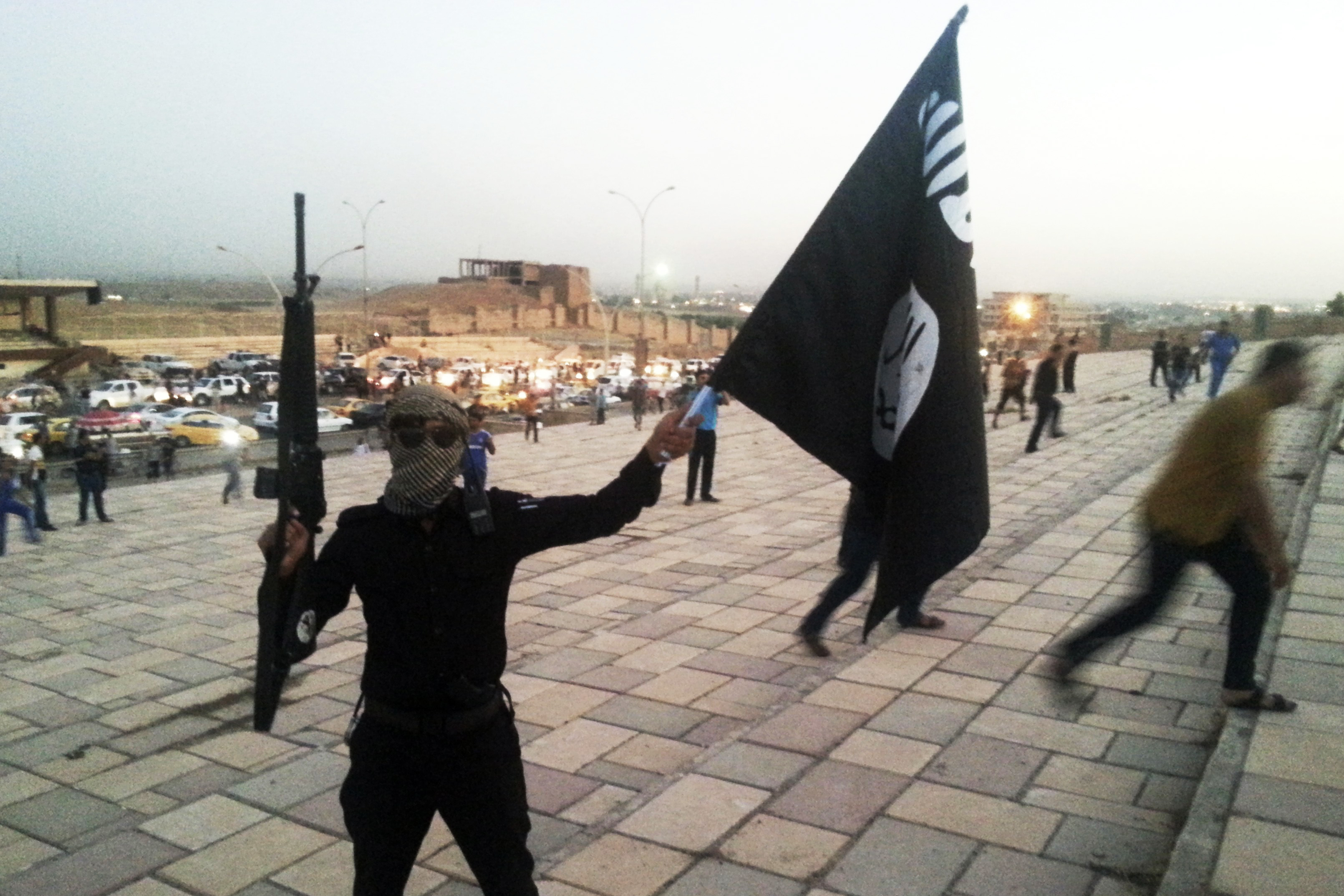While the world was attentively watching the transition from Barack Obama and newly elected US president Donald Trump, The Gambia was also undergoing a transition of power which sent shockwaves through West Africa. The Gambia is the smallest country in continental Africa and gained its independence from the British Empire in 1965. It has recently been under the global spotlight due to widespread political turmoil ushered by an election in which Yahya Jammeh, the nation’s dictator who had been in power since 1994, was defeated by political newcomer Adama Barrow. Jammeh rose to power 22 years ago in a bloodless coup which met little resistance. Later, in 1996 he called for elections and was constitutionally elected as The Gambia’s president. He then proceeded to successfully run for re-election in 1996, 2001, and 2006.
On December 1, Jammeh unexpectedly lost the election that would secure his fourth term in office. Although he initially acknowledged defeat and congratulated his opponent, days later he publicly rejected the election results. The vote recount he ordered diminished Barrow’s margin of victory but nevertheless left the results unchanged and confirmed the president-elect’s victory. Jammeh stated after the recount that he rejected the results “in totality”. Many African authorities, who were later joined by American and British officials, expressed concern over Jammeh’s undemocratic behavior. After facing pressure to give up office from Nigeria and other neighbors, Jammeh declared a state of emergency. Many Gambians also left the country in fear that violence may erupt as the result of Jammeh’s refusal to concede and foreign pressure would lead to a civil war.
Jammeh’s Downfall
What ultimately led to the crumbling of Jammeh’s regime was ECOWAS’s (Economic Community of West African States) resolution to pressure Gambia through military action after January 19. This was the deadline the regional body set in its official resolution for the dictator to leave office. ECOWAS troops were mobilized and put in high alert. Nevertheless, as this unfolded, Jammeh’s regime began falling apart from the inside following the departure of his long-time vice president and ally, Isatou Nije-Saidy which forced the dissolution of his cabinet.
Jammeh’s military chief announced he did not intend to stand in the way of ECOWAS troops in case they entered Gambia’s territory. In response to this, and aiming to avoid bloodshed, ECOWAS decided to instead swear Barrow in the Gambian embassy in Dakar, Senegal, on January 19. Official recognition for Barrow by members of the African Union soon followed. This stripped Jammeh of his authority and cemented Barrow’s claims to the Presidency.
In response to this, Jammeh announced on national television that he will cede power to his rival. The Guardian reported that he left the country bound for exile in Equatorial Guinea on January 21. Five days later, on January 26, a triumphant Barrow arrived at Banjul International Airport to the cheering crowds that had amassed around the airport grounds. Many were hopeful that the country’s new leader will work to foster a more democratic society and mend the shaky human rights record left by his predecessor.
During Jammeh’s 22-year rule, notorious human rights and free speech violations were denounced by local activists and international watchdogs. The BBC also notes that the economic performance of Jammeh’s government was lackluster which forced thousands of Gambians to leave the country in search of brighter futures in Europe and America. So far it is too early to say whether Barrow will bring the much needed change that his country, but steps in the right direction have been made.
The new president told the Associated Press (AP) that he will sponsor the establishment of a truth commission geared towards investigating his predecessor’s human rights record. “We aren’t talking about prosecution here, we are talking about getting a truth and reconciliation commission,” Barrow told the AP, saying that “before you can act, you have to get the truth, to get the facts together.” This represents a significant change of direction in comparison to the Gambia’s previous ruler, as transparency and accountability were seldom mentioned. Mr. Barrow is still busy arranging his new cabinet, but neighboring countries and the African community already have high hopes for the newly inaugurated president.
Lessons Learned from the Transition
As history unfortunately suggests, peaceful power handovers in Africa have not always been common. It is true, as Mfonobong Nsehe from Forbes notes, that Africa is becoming home to more liberal democracies at a snail’s pace, but nevertheless many dictators remain in power and show no signs of giving in. Overall, the history of African democracy is not only short, but also punctuated by periods of chaos and totalitarianism. What just happened in The Gambia, although not the paragon of orderly democratic transition sets a precedent for many of the continent’s struggling states.
Nonetheless, the transition was not free of negatives. Sources report that Mr. Jammeh left The Gambia with at least US $11 million in his pocket, potentially straining the already struggling country’s finances for the upcoming fiscal year. Officials also note that the defeated president also took a fleet of 10 Rolls Royce and Bentley automobiles with him to his exile in Equatorial Guinea. Mr. Barrow’s government, seeking to avoid confrontation, has stressed that it will not freeze Jammeh’s assets remaining in The Gambia and has generally been fairly accommodating with the ex-president. The reason behind this rather unexpected complacency is rooted in the circumstances of Jammeh’s departure.
The deposed leader only agreed to leave once he was guaranteed safety and a future post-presidency. This is the fear that keeps most African leaders holding on to power so viciously, argues Solomon Dersso, a senior legal scholar. Given the tense environment that characterizes the political life of many African nations, there are rivalries and vendetta that run deep between political enemies and insurgents, like the Boko Haram in Nigeria and the government in Abuja. Many leaders fear that once deposed, their long-time rivals might try get back at them and potentially endanger them or their families. Hence, the incentives for perpetuating a longstanding dictatorship outweigh the potential benefits that democracy might bring.
In this sense we can understand the assets Jammeh took with him to exile as the cost The Gambia had to pay for democratic transition. One can argue that the ends justify the means, but as of now it is still too early to draw conclusions on whether the agreement was any good for the struggling nation. It does serve to set a precedent for other African countries, though. Based on Gambia’s experience with democratic transition, countries facing similar situations can also try to negotiate with their rulers in order to broker a peaceful passing over of authority.
Photo: Ferry in Banjul, The Gambia (January 7, 2012), by Lars Curfs via Wikimedia Commons. Licensed under CC BY-SA 3.0.
Disclaimer: Any views or opinions expressed in articles are solely those of the authors and do not necessarily represent the views of the NATO Association of Canada.




